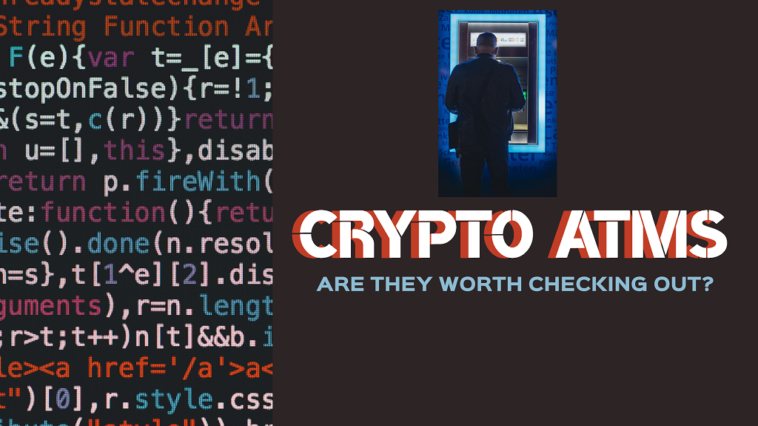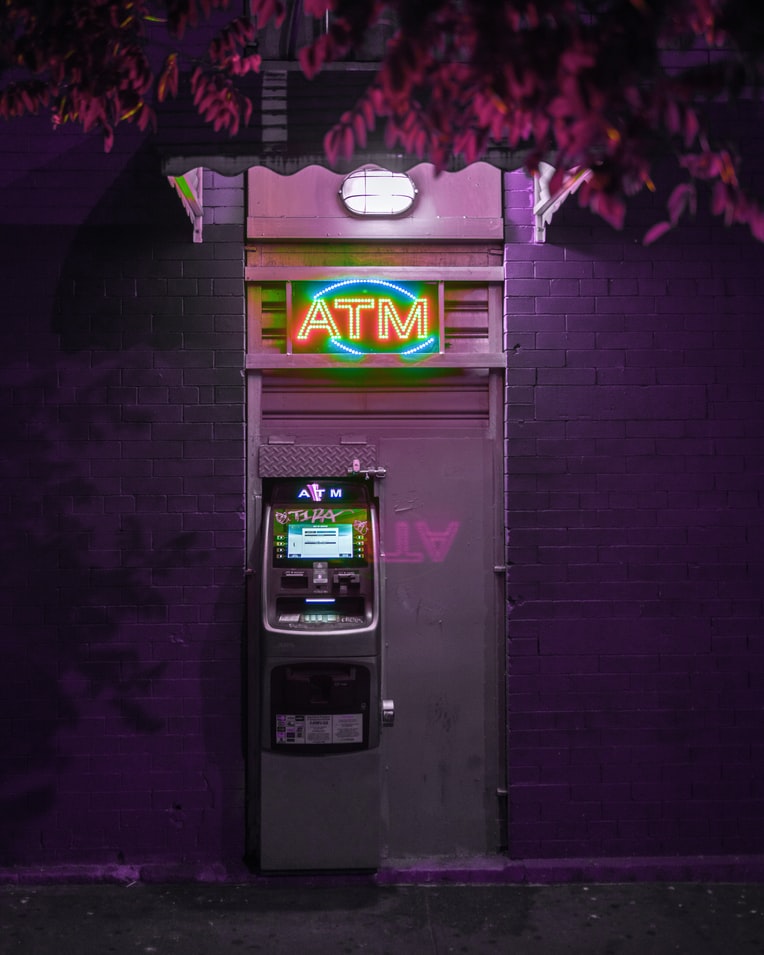Bitcoin ATM’s are popping up across neighborhood Bodegas all across New York and you might have even seen a few of them at your local mom-and-pop store.
Even well-known corporations like Walmart and Circle K have gotten in on the fad.
But how did all of this start and why would people even use crypto ATM’s when other lower-fee options exist? Is it worth it to use these? Let’s explore..
Contents
#1 The History of Bitcoin ATM’s.
The first Bitcoin ATM was opened in a small unsuspecting coffee shop in Vancouver, Canada on October 29, 2013. The brand was Robocoin. Eventually the Robocoin brand went defunct. The first government actual licensed Bitcoin ATM was developed by a company called Coinme and was installed at the spitfire grill in Seattle.
Over the years, Bitcoin ATM's would go on to see massive growth and adoption. As of May 2021, there are over 48,000 Bitcoin ATM's in the U.S alone.
According to howmanybitcoinatms.com the most popular brand right now worldwide is 'National Bitcoin ATM'
The average rent for hosting a bitcoin ATM is around 300$ per month. Nowadays Bitcoin ATM's can be found even in far-flung corners of the country. Take the case of one woman, Ms. Sonder for example. Coin Cloud offered her $200 a month to house the machine outside her establishment. "I didn't understand why they wanted to put one here," said Sonder. "It's a seasonal business in a town with less than 500 people."
#2 How Bitcoin ATMs work
Bitcoin ATMs can go two ways: one-way bitcoin ATMs or two-way ATMs. Only around 30% of the world's bitcoin ATMs actually run in both directions. One-way means you can only either buy or sell bitcoins, while two-way allows for the transaction in both directions.
The ATM's get their price from the internet and charge a fee ranging from 6.5% to as high as 25%. To repeat, some BTC ATMs charge as high as 25%!
On a two-way ATM, you can deposit cash into the machine and receive coins to the wallet address provided(usually by scanning your QR code). It can also works the other way by scanning the QR code and receiving the cash for your bitcoins. Currently most ATM's actually only offer the ability to buy, though.
#3 Are Bitcoin ATMs safe?
With all the money, Bitcoin ATM's have also had their fair share or criminality activity. The machines have been increasingly used for money laundering and drug trafficking.
Another scam the FBI has recently seen a rise of is scams involving QR codes. Criminals place their own set of instructions on physical bitcoin ATM machines directing them to send money to their own QR codes instead of the ones supplied by the machine - robbing the user.
Another scam involving QR codes involves the QR code auto-populating the recipient address so when the customer deposits funds, the money ends up in the wallet of the scammer.
The appeal of many bitcoin ATM's was the lack of verification required to use them...was. Exchanges like Binance and Coinbase take extensive measures to verify customer identities using a process known as KYC(Know your customer), but originally Bitcoin ATM's used a loophole that allowed customers to deposit up to 900$ anonymously. The problem is the system had no way of verifying that the user isn't simply making multiple deposits of 900. More recently in the US, most crypto ATMs have enhanced their KYC process and doing anything unsavory is linked back to the user.
A study by Chainalysis found 75% of the funds leaving Bitcoin ATM's found themselves in fraud sites across the dark web!
Some states are taking action, however. New York has required businesses engaged in any crypto-related activity to obtain a BitLicense. Enforcement is lax, though, with many bodegas really having no idea how cryptocurrency works and still being able to rent out space to crypto ATM providers.
“I have no idea what they are doing on the machine. I don’t even know how to use it.” said the employee at one deli in New York City.
Whether the government should have a say on what anyone does with their money is entirely different discussion, but in the world we live in, you can expect even tighter restrictions on crypto ATMs in the immediate future.
#4 Not just Bitcoin. Ethereum ATMs too!
Bitcoin is not the only crypto available via ATM. In 2021 we saw the first Ether and Doge ATMs.
#5 Twitter Reacts
One user expressed doubt on who actually uses Bitcoin ATM's. "I'm not exactly sure who uses these? The two that I have seen and interacted with had the price of a BTC at more than 15,000 USD higher than it should have been! Is that going to change?" Said user @ElevatedTail.
He wasn't the only user expressing concern over high fees.
"Adoption is booming and so are transaction fees. Be careful out there." Warned user @SnarkyAlien
Other users commented about the lack of any innovative design on the machines.
"Looks like a machine from the 90s lol" Said user @4angelse
__________________________
In summary, Crypto ATMs are not recommended by most as a preferred method of buying crypto. The high fees and potential for security risks make crypto ATMs good for little other than some small transactions, simply for the novelty.
You can consider testing one out for fun by googling "crypto ATMs near me".








Comments
Loading…